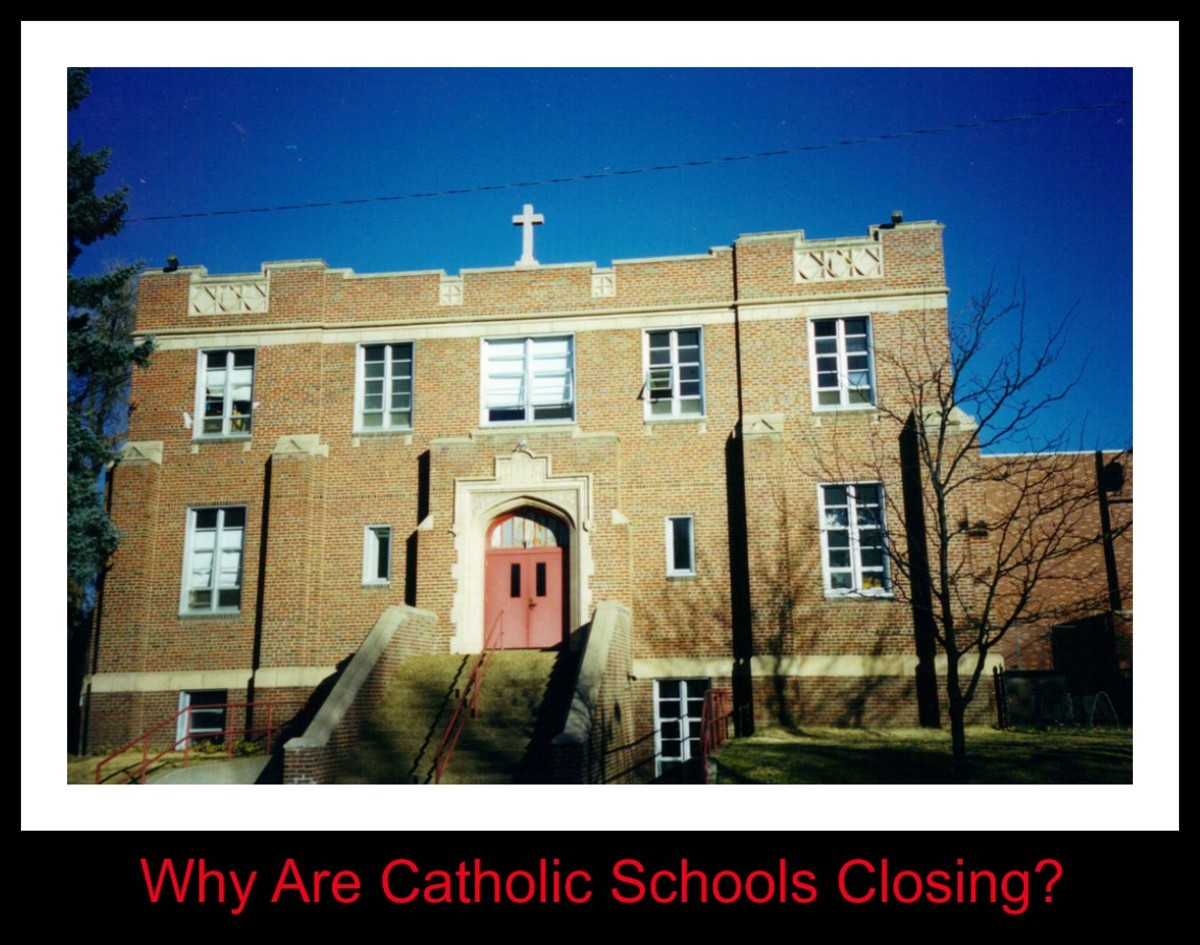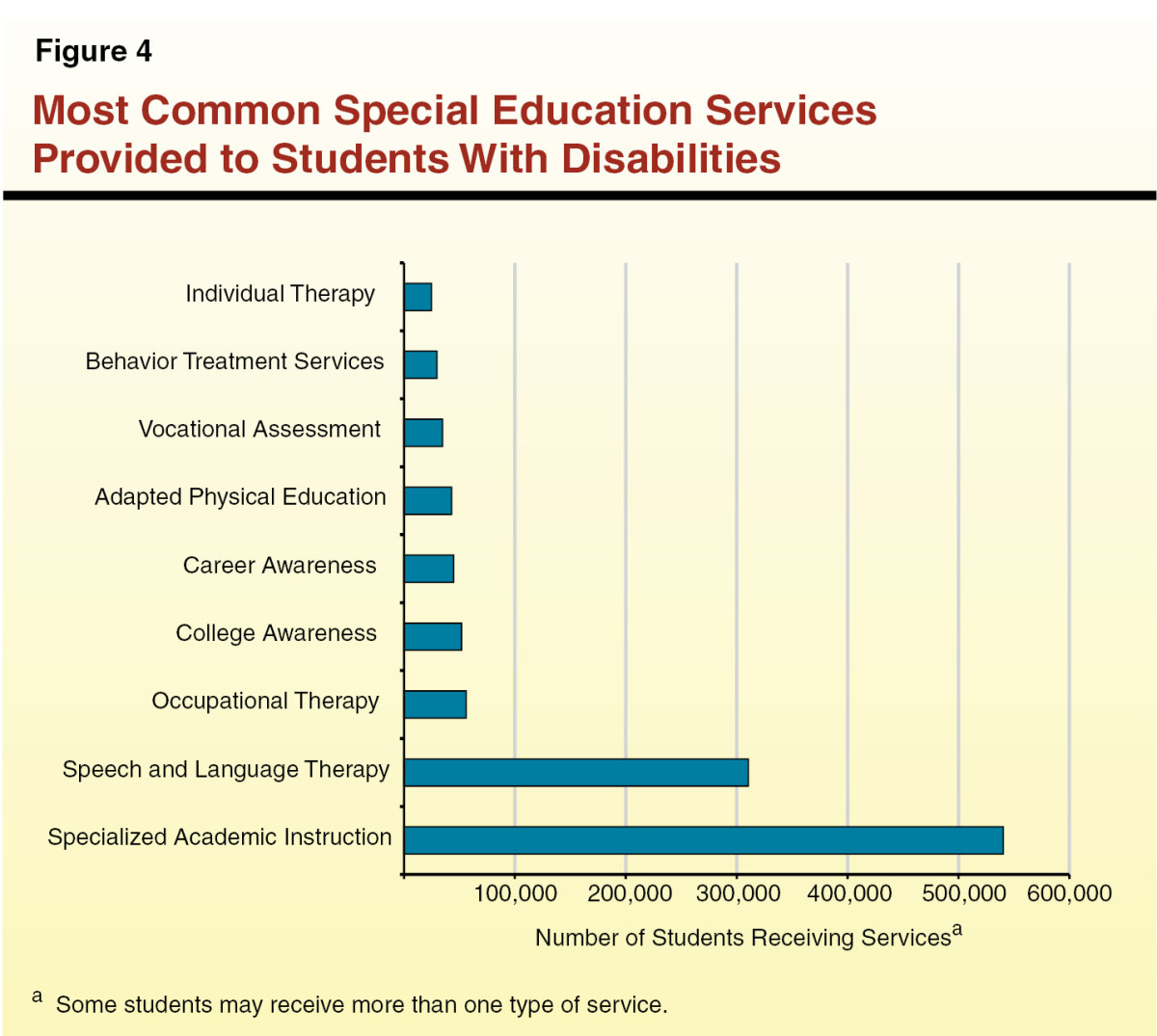The Failing Education System in England

Comparison with private sector
A statistic which is banded about a lot is about 50% of Oxbridge students attended private schools, when only 7% of the student body overall has attended private school. Last year the exact figure is 41.5%. These figures suggest that a given student is far more likely to get into Oxbridge or a Russell group university after attending a private school. Many people like to point the finger of blame squarely on the universities. However I feel that this is unfair, universities should pick the best possible candidates not try to make society fairer. So I am asking the question, are private schools just amazing or is the state sector failing its students? The numbers show that a student is 3 times more likely to achieve three A grades at A level exams if they attend a private institution. So on average, a student at a state school is 3 times less hard working or less intelligent? We know this is not true. This brings us to the inevitable conclusion that there is something wrong with the current state education system.
Is the reason behind this a difference in funding? The typical cost of a private school is about £10,000 for a day scholar, the more prestigious among these, Eton and Westminster to name a few command the princely sum of £30,000 (boarding) which is over £3000 more than the average salary for someone in 2011.
Currently the government is investing four to nine thousand and three to eight thousand for secondary schools and primary schools respectively. This is not very far-off the private schools fees. In fact considering that the private sector must have a profit margin and all of the educational extra services offered, there isn’t a huge difference in budget for core education. The teacher to student ratio is much better in private schools. The class sizes are small consisting of less than 10 where in state schools it’s hard to have any contact in classes of 25 to 30 where you are just one of many and feel quite unimportant.
Variation in quality of education
We can see that there is unfair allocation, funding is not equally spread resulting huge variations in quality. Combined with this, a handful of Burroughs in London propels more students to Oxford than the whole of Scotland. This is partly due to the level of deprivation found in the location of the school which presents many challenges to improvement. There are truly exceptional schools which enable the students to achieve the best that they can but there are many more which do not clasp the infrastructure needed to excel.
Problems inhibiting improvement
Private schools will always receive greater funding and have access resources and will always tend to be a step ahead on the whole. This is primarily because of the support and interest of the parents. State schools have to take all students in their catchment area and are not allowed to be selective. Also the students may not be interested in attending school. It is difficult to raise the level of the class when many of the pupils have no interest in attending. In a private school the parents are far more likely to be interested in their child’s education and therefore will take greater care. The families they come from will be more educated usually and can provide greater support at home. State schools must contend with a variety of other issues such as discipline. There are also strict regulations on when a student can be rusticated from a school, I have personally seen how even repeat offenders cannot be removed for the benefit of the larger school population. Most of the effort if the staff at deprived schools is put into discipline of the small number of students who misbehave for whatever reason which leaves the remainder of the class with little contact time. Just as it is hard to remove a misbehaving child, it is also very difficult to remove a teacher who is underperforming; there is very little done to fairly assess the quality of a teacher. I have personally seen where teachers will create lesson plans and conduct proper classes where they are being peer assessed but fail to do so otherwise. This is wholly unacceptable but under the current system, is it perfectly permissible. All of these complications make it very difficult for the state sector to compete with much more streamlined and proficient and efficient private institutions.
The labour government endeavoured to remedy the situation by employing an importance upon league tables and assigned targets on pass rates for each school. This managed to create two principal problems. Schools began to encourage the taking up of “soft” subjects which are considered easier to navigate likened to traditional subjects such as Mathematics or English. This led to poor career advice, with numerous students unable to compete for the best university places due to the nature of the subjects which they have studied. Although there is nothing wrong with subjects such as phycology or law, or indeed vocational qualifications, however they are not ideal if someone wishes to continue into higher education. These subjects tend not to prepare the student adequately for the academic rigour than one encounters in a bachelors degree.
The second problem is that due to the emphasis placed on achieving the C grade, students who are borderline C or D grade where given the lion’s share of the attention, leaving students who are striving for the best grades and the ones who are working towards lower grades high and dry. Precious little attention and time is given, I can say this from personal experience where the school I attended introduced extra courses to help C/D borderline students but ignored the remainder all in an effort to boost its place in league tables.
Possible steps to improvement
Far from seeing private schools as something to compete with, I feel that the state sector should be seeing it as a ready-made recipe successful model which can be applied. The characteristics which make private schools should be emulated. For this to happen, funding should be more evenly spread throughout the country so that opportunities become more even.
Other than making funding more even, there should be better infrastructure for assessing teachers which needs to be done more often and more rigorously. I feel it should be possible to run surprise inspections on both teachers and schools by Ofsted. Steps towards this are already in motion allowing Ofsted to inspect schools with children where behaviour is a concern with only a day’s notice. There needs to also be an effort made to decrease class sizes. This is difficult due to funding but should be considered as one of the options.
There should be a movement away from giving importance to league tables. The student is the consumer of the product of education and so should be provided with the best possible service. Filling up time with not so useful GCSE and A Level subjects will have a detrimental impact on academic performance. There should be a greater emphasis on quality of grades achieved rather than quantity of subjects.
Career guidance should be scheduled earlier. I have seen many people for whom it has come too late and their level choices do not allow them to peruse their chosen career. One obvious example is law, and student wishing to read Law at a top university should steer clear of the law A level. However no student would know that unless given the correct information, after all it seems reasonable to think that a law A level should be seen favourably for a career in law.
(By Ranju)






